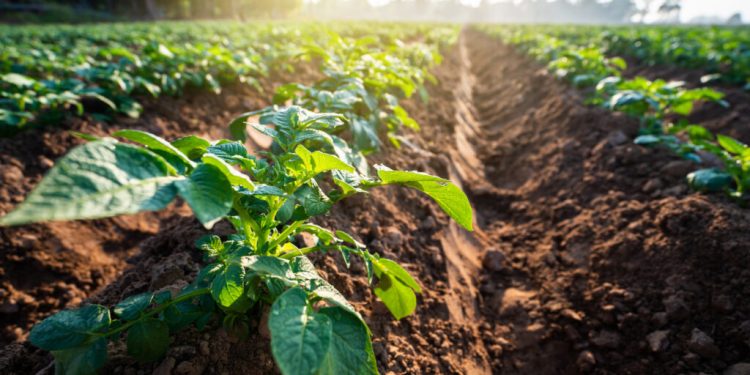Navigating the Complexities of Agricultural Policy and Environmental Responsibility
In the realm of potato farming, the pursuit of profitability often intersects with the imperative to uphold environmental sustainability. As highlighted by Roger Kerr, navigating this intricate landscape requires a nuanced approach that addresses the challenges posed by current farming practices while embracing the potential of organic farming as a catalyst for change.
Challenges in Modern Farming Practices: The modern agricultural landscape is characterized by complex dynamics, where farmers must contend with fluctuating market prices, escalating production costs, and increasing pressure to maximize yields. Despite efforts to rationalize production through cost-cutting measures and yield optimization, many farmers struggle to achieve sustainable profitability amidst a competitive and demanding market.
The Imperative for Policy Reform: Central to the issue is the need for comprehensive land use policies, supported by robust trade policies and transparent supply chains. Such policies would enable farmers to strike a delicate balance between meeting the demands for food production and safeguarding environmental integrity. Without adequate support and regulatory frameworks, the viability of sustainable farming practices remains uncertain.
Addressing Environmental Concerns: While there is a commendable push to strengthen environmental legislation, it is imperative to acknowledge the inherent tension between economic imperatives and environmental stewardship. The current trajectory, marked by an emphasis on maximizing production within a free market framework, risks compromising long-term ecological sustainability. To address this disparity, a holistic approach that reconciles economic interests with environmental priorities is essential.
Harnessing the Potential of Organic Farming: Amidst these challenges, organic farming emerges as a powerful catalyst for transformative change. By embracing organic practices, farmers can mitigate environmental impact, enhance soil health, and contribute to climate resilience. However, realizing the full potential of organic farming requires systemic reforms and a paradigm shift in agricultural policy and practice.
Conclusion: In the quest for sustainable potato farming, striking a balance between profitability and environmental responsibility is paramount. As the agricultural sector grapples with the complexities of modern farming, embracing organic farming as a force for change offers a promising pathway towards a more sustainable future.








